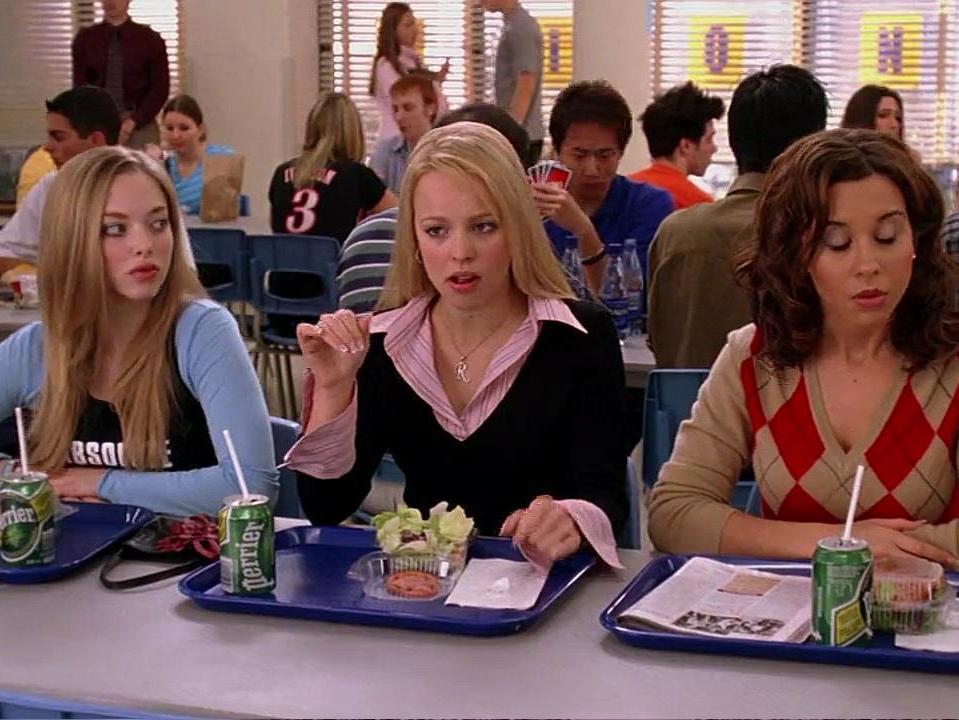'Cool kids' can go on to become losers in later life, study finds
Popular children can be more likely to experience problems as adults

Your support helps us to tell the story
From reproductive rights to climate change to Big Tech, The Independent is on the ground when the story is developing. Whether it's investigating the financials of Elon Musk's pro-Trump PAC or producing our latest documentary, 'The A Word', which shines a light on the American women fighting for reproductive rights, we know how important it is to parse out the facts from the messaging.
At such a critical moment in US history, we need reporters on the ground. Your donation allows us to keep sending journalists to speak to both sides of the story.
The Independent is trusted by Americans across the entire political spectrum. And unlike many other quality news outlets, we choose not to lock Americans out of our reporting and analysis with paywalls. We believe quality journalism should be available to everyone, paid for by those who can afford it.
Your support makes all the difference.Being the "cool kid" might seem ideal at school but it can land you in difficulties later on in life, according to a new study.
The work, "Whatever Happened to the Cool Kids?", was published in the journal Child Development by researchers at the University of Virginia, and looked at the lives of more than 180 teenagers in America over a decade.
But the results might not be to the liking of those who want to rule the roost at their schools.
According to the study, teenagers who tried to act cool and were popular during their younger years had a higher risk of experiencing problems as adults, including alcohol and drug abuse, and becoming involved in crime.
So 'cool teens' - made popular in films by characters such as James Dean in Rebel Without a Cause and Rachel McAdams in Mean Girls - may go on to lose out.
Professor Joseph Allen, professor of psychology at the University of Virginia, said: “It appears that while so-called cool teens’ behaviour might have been linked to early popularity, over time, these teens needed more and more extreme behaviours to try to appear cool, at least to a sub-group of other teens,” the Daily Mail reports.
“So they became involved in more serious criminal behaviour and alcohol and drug use as adolescence progressed.
“These previously cool teens appeared less competent – socially and otherwise – than their less cool peers by the time they reaches young adulthood.”
The teenagers involved in the study where followed from the age of 13. Information was collected from them, as well as their parents and peers.
Join our commenting forum
Join thought-provoking conversations, follow other Independent readers and see their replies
Comments